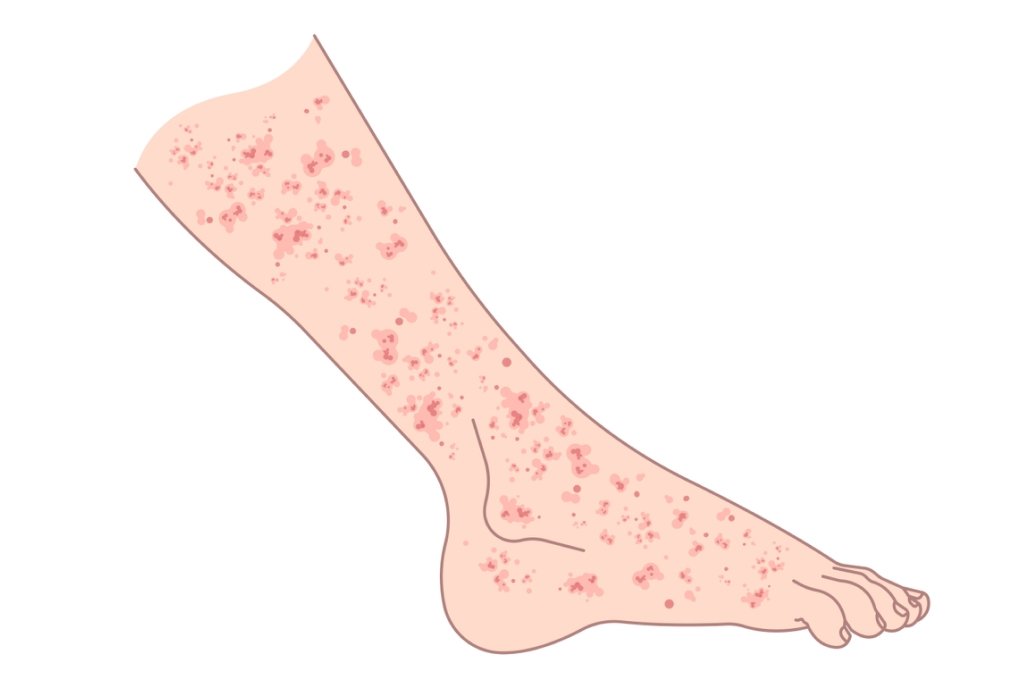

Myelofibrosis

Myelofibrosis
Myelofibrosis is a rare type of bone marrow cancer that disrupts the body's normal production of blood cells. It occurs when scar tissue forms in the bone marrow, which limits its ability to produce healthy blood cells. This leads to a shortage of red blood cells, white blood cells, and platelets, causing severe anemia, fatigue, and an increased risk of bleeding and infection. Over time, the spleen and liver may enlarge as they take over blood production.
Types of Myelofibrosis
- Primary Myelofibrosis (PMF): This occurs when the condition develops on its own, without being caused by another disease.
- Secondary Myelofibrosis: This type occurs as a progression of other bone marrow diseases, such as polycythemia vera or essential thrombocythemia.
Symptoms of Myelofibrosis
- Severe fatigue and weakness
- Enlarged spleen (splenomegaly), causing abdominal pain or fullness
- Easy bruising or bleeding
- Night sweats and fevers
- Bone or joint pain
- Pale skin (due to anemia)
Diagnosis
Diagnosis of myelofibrosis often involves a complete blood count (CBC), which can reveal abnormalities in blood cell levels. Further testing, such as bone marrow biopsy or genetic tests, may be required to confirm the diagnosis and identify mutations that contribute to the disease.